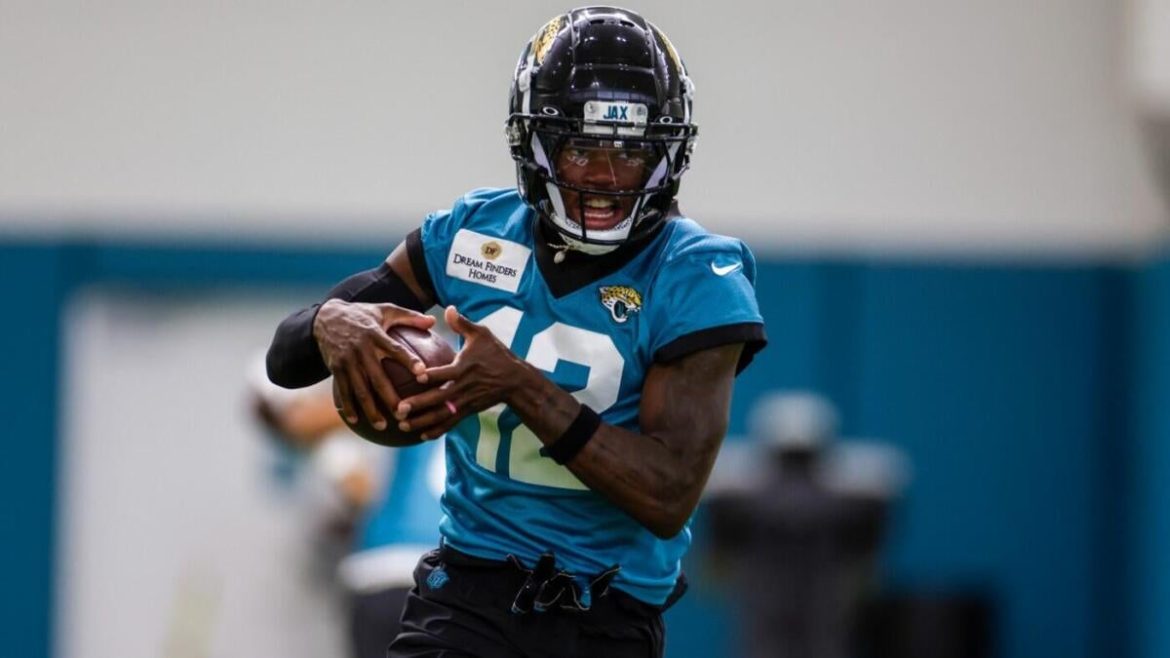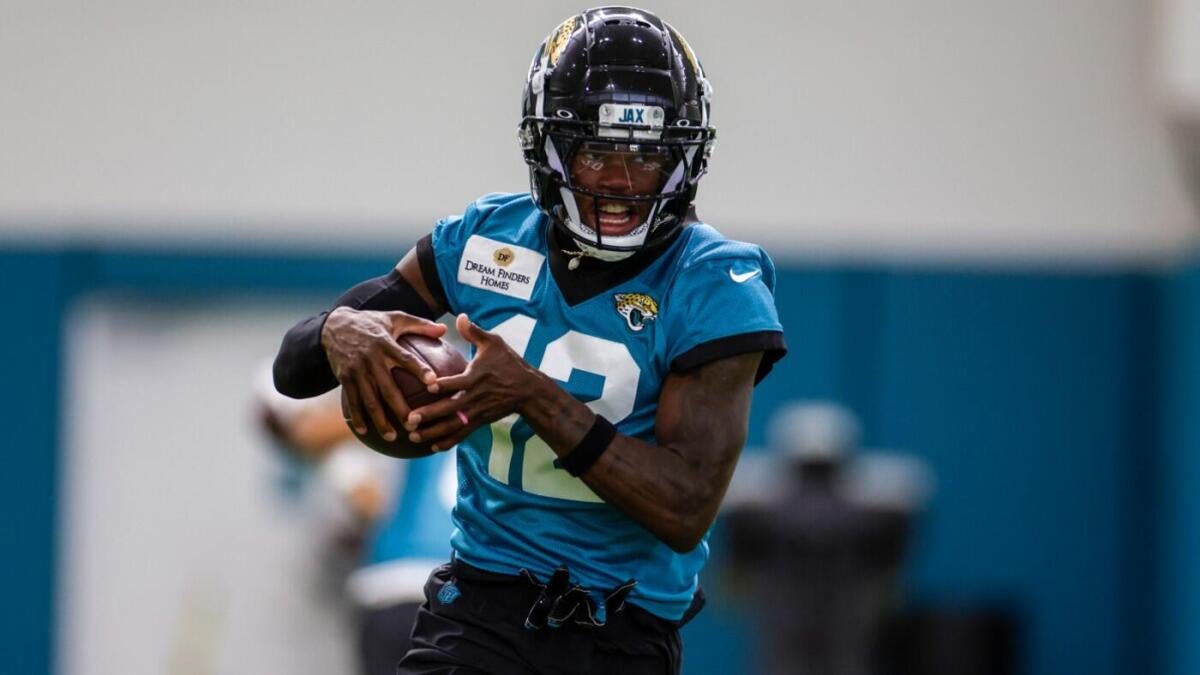Overview of the 2025 NFL Draft First-Round Contracts
The 2025 NFL Draft marked another pivotal moment in the league’s annual talent infusion, spotlighting a class of promising rookies now on the brink of launching professional careers. Central among the stories from this draft are the contract signings of first-round picks, particularly those at the very top of the board. Notably, the Tennessee Titans secured quarterback Cam Ward as the No. 1 overall pick, signing him to a lucrative four-year, $48.76 million deal. Meanwhile, the Jacksonville Jaguars made bold headlines by trading up to the No. 2 spot to select the Colorado two-way standout Travis Hunter, also signing him to a four-year contract valued at approximately $46.57 million.
High-Profile First-Round Deals: Cam Ward and Travis Hunter
Cam Ward’s contract with the Titans mirrors the sizeable investment typically made for a franchise quarterback selected first overall, with a full package offering nearly $49 million over four years. His signing cements Tennessee’s vision for the future, banking on his potential to lead a revitalized offense.
Travis Hunter’s deal with the Jaguars carries its own intrigue — Hunter is a rare prospect poised to play both wide receiver and cornerback at the professional level. This two-way capability not only makes his contract one of the more fascinating to analyze but also introduces complex considerations regarding salary cap and role incentives. His contract is structured for four years valued just over $46.5 million, slightly less than Ward’s but still indicative of the Jaguars’ confidence in his transformational potential. Observers note his significant signing bonus and guaranteed money mark him as a centerpiece for Jacksonville’s evolving roster.
Other Notable Signings Among First-Round Picks
– Abdul Carter, selected by the New York Giants as an edge rusher, inked a four-year contract following his selection, highlighting his expected immediate impact on the defense.
– Ashton Jeanty, running back for the Las Vegas Raiders, also finalized rookie contract terms, rounding out a class filled with diverse positional talent.
The signing process for first-round picks generally follows a wage scale arrangement, but the 2025 rookie class deals reflect current market values amid rising salary caps and new financial frameworks. Some rookies saw delays in contract agreements, but the majority have signed, allowing teams to move forward with offseason programs.
The Impact of Trades on Draft and Contract Outcomes
The most significant trade of the first round was Jacksonville’s move up from No. 5 to No. 2 to secure Travis Hunter, which required the Browns dropping three spots and acquiring additional picks to balance the transaction. The Browns subsequently selected Michigan defensive tackle Mason Graham with the No. 5 pick. Such draft day maneuvers underscore front-office willingness to invest heavily in premium talent, both with draft capital and contract commitments.
Contract Structure and Financial Implications
First-round rookie contracts are typically four years in length with a team option for a fifth year, structured per the NFL’s collective bargaining agreement wage scale. Contracts for top picks like Ward and Hunter feature substantial signing bonuses, guaranteed money, and performance incentives. Hunter’s unique two-way role could lead to unusual salary cap scenarios, particularly regarding game day activations and position-specific impact bonuses.
Agents and analysts note these rookie deals also set a benchmark for subsequent draft classes. For example, the previous year’s No. 2 pick, Jayden Daniels, earned $37.7 million with a $24.3 million signing bonus, illustrating consistent upward movement in rookie compensation linked to the rising salary cap.
Team-by-Team Outlook and Expectations
– Tennessee Titans: Committing heavily to Cam Ward signals a clear starting point for the team’s rebuild at quarterback.
– Jacksonville Jaguars: With Travis Hunter as a centerpiece, the Jaguars are gambling on a dynamic two-way threat to influence both offensive and defensive schemes, marking a rare strategic investment in versatility.
– New York Giants: Abdul Carter’s signing aligns with their need to reinforce pass rush capabilities.
– Other Teams: Most teams who selected in the first round have completed contract signings, providing clarity on roster planning and salary cap management.
Broader Context and Future Projections
The 2025 rookie contracts reflect a blend of traditional first-round rookie deal structures with nuanced negotiations influenced by player uniqueness, positional value, and team strategies. The financial outlays echo growing salary caps and an evolving NFL economics landscape that rewards top prospects handsomely while maintaining wage scale discipline.
The Jaguars’ investment in Hunter stands out as potentially transformative not only for Jacksonville’s roster construction but also as a test case for compensating multi-positional athletes in the league. How Hunter performs in his dual role and how the Jaguars manage his contract’s cap implications will be closely watched league-wide.
Conclusion: A New Wave of NFL Talent Under Contract
The locking in of the 2025 NFL Draft’s first-round rookies to their contracts signals the start of a fresh chapter for many franchises aiming to build competitive rosters around these young talents. Cam Ward and Travis Hunter headline a draft class that combines positional excellence with intriguing versatility, backed by contracts that reveal both financial ambition and strategic planning.
As these rookies take the field in their first professional seasons, their rookie deals provide a foundation not just for personal financial security but for how their teams plan to deploy, develop, and capitalize on their immense potential. The 2025 draft class will be remembered not only for its standout players but also for how their initial contracts reflected the ever-shifting dynamics of NFL economics and team-building philosophies.





